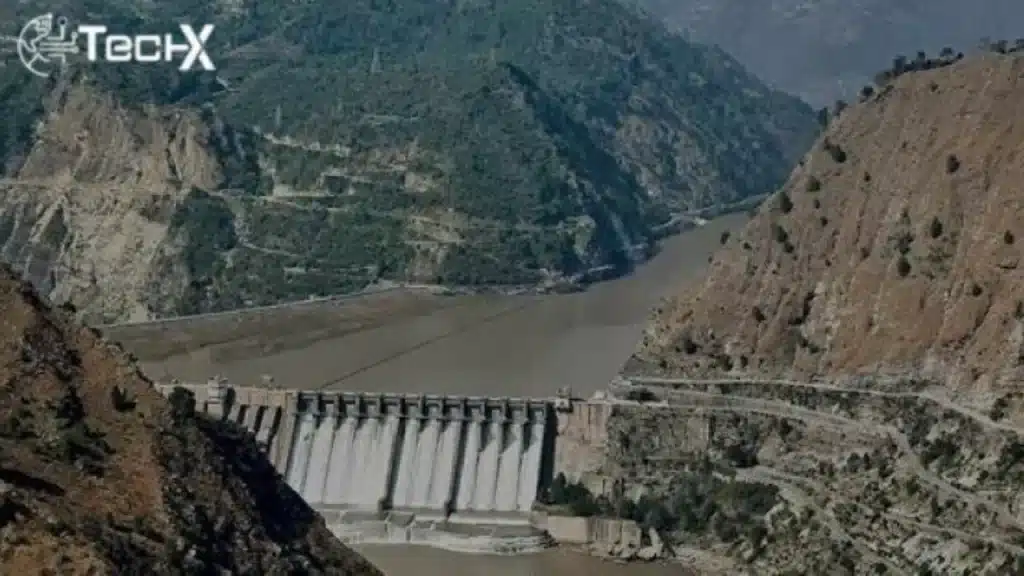Pakistan has welcomed the Court of Arbitration’s award on the interpretation of the Indus Waters Treaty (IWT), announced on August 8, 2025. The ruling clarifies key provisions regarding India’s construction of hydropower projects on the Western Rivers—Chenab, Jhelum, and Indus. The Foreign Office emphasized the significance of the decision, which aligns with Pakistan’s long-standing position on water rights and usage.
Key Findings of the Court’s Award
The Court ruled that India must ensure the unrestricted flow of water to Pakistan from the Western Rivers, with limited exceptions for hydroelectric projects. These exceptions must strictly adhere to the Treaty’s stipulations rather than India’s preferred practices. The decision reinforces Pakistan’s interpretation of critical provisions, including low-level outlets, gated spillways, and turbine intakes, ensuring compliance with the IWT’s original framework.
Restrictions on India’s Hydropower Projects
The Award restricts India from maximizing pondage volume in its hydropower projects, a significant win for Pakistan. The Court emphasized that India’s designs must conform to Treaty-mandated criteria, preventing excessive water storage that could harm downstream flows. This ruling safeguards Pakistan’s water access, ensuring India cannot unilaterally alter project specifications beyond agreed limits.
Also Read: Punjab Government Makes Special Announcement for Married School Teachers
Binding Nature of the Court’s Decision
The Court affirmed that its Awards are legally binding on both India and Pakistan, setting a precedent for future disputes. It highlighted the Treaty’s purpose—defining each country’s rights while promoting cooperation and effective dispute resolution. This decision strengthens Pakistan’s position as the downstream riparian state, ensuring its water security remains protected under international law.
India’s Boycott and Treaty Violations
The ruling gains importance given India’s recent attempts to suspend the IWT and boycott Court proceedings. Despite India’s non-participation, the Court proceeded, delivering a verdict that validates Pakistan’s concerns. The Award underscores the Treaty’s resilience, reinforcing that unilateral actions cannot override legally binding agreements between the two nations.
Pakistan’s Commitment to the Indus Waters Treaty
Pakistan reiterated its commitment to the IWT’s full implementation, urging India to resume compliance. The Foreign Office called for immediate adherence to the Court’s decision, emphasizing the need for cooperative water management. Pakistan expects India to honor the Award and restore normal Treaty operations, ensuring stability in transboundary water sharing.
Conclusion: A Diplomatic and Legal Victory
The Court’s Award marks a diplomatic and legal victory for Pakistan, reinforcing the IWT’s integrity. By upholding Pakistan’s interpretation, the ruling ensures fair water distribution and prevents unilateral alterations by India. Pakistan remains dedicated to peaceful dispute resolution, urging India to respect international law and recommit to the Treaty’s principles for regional water security.
